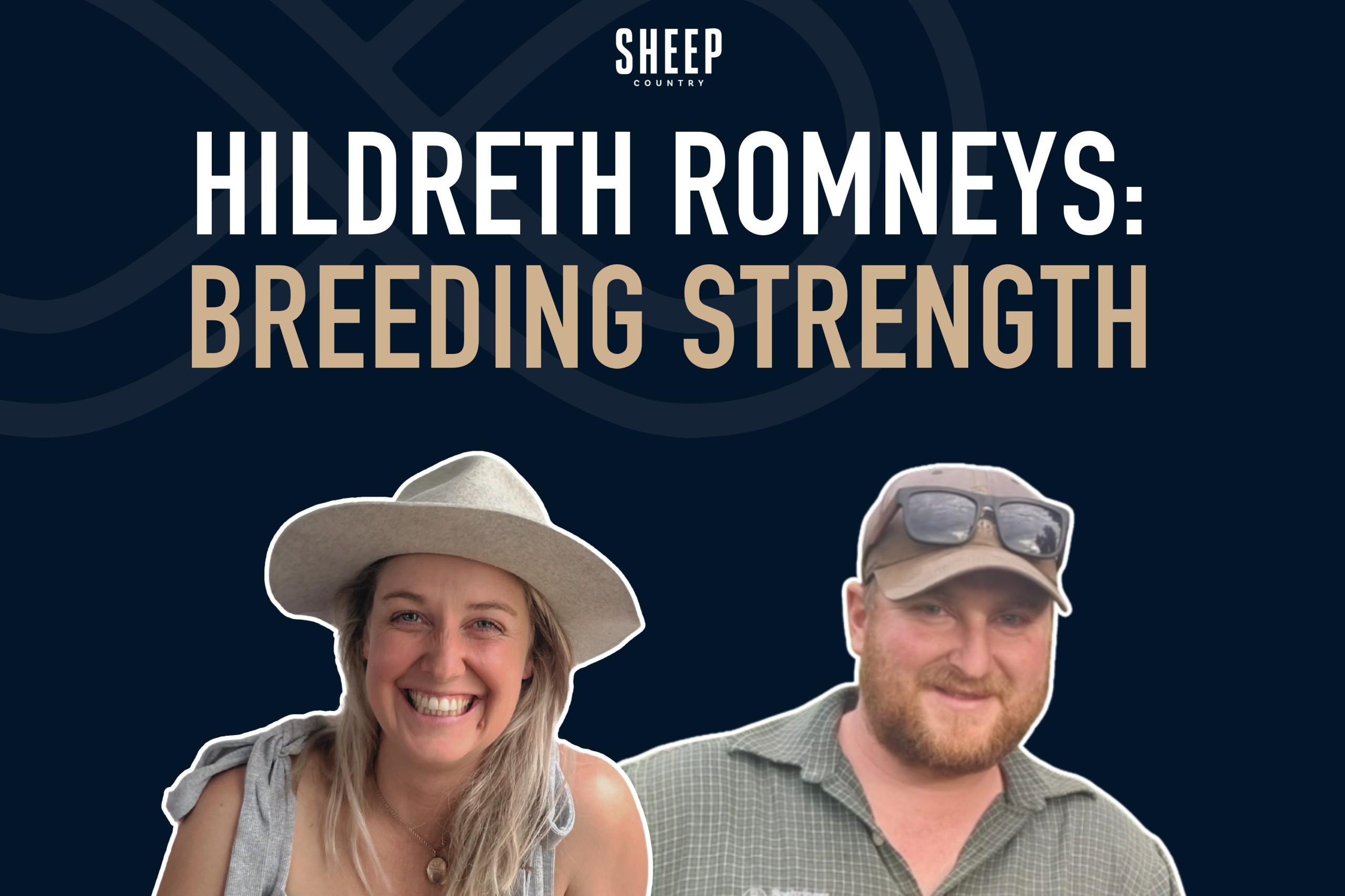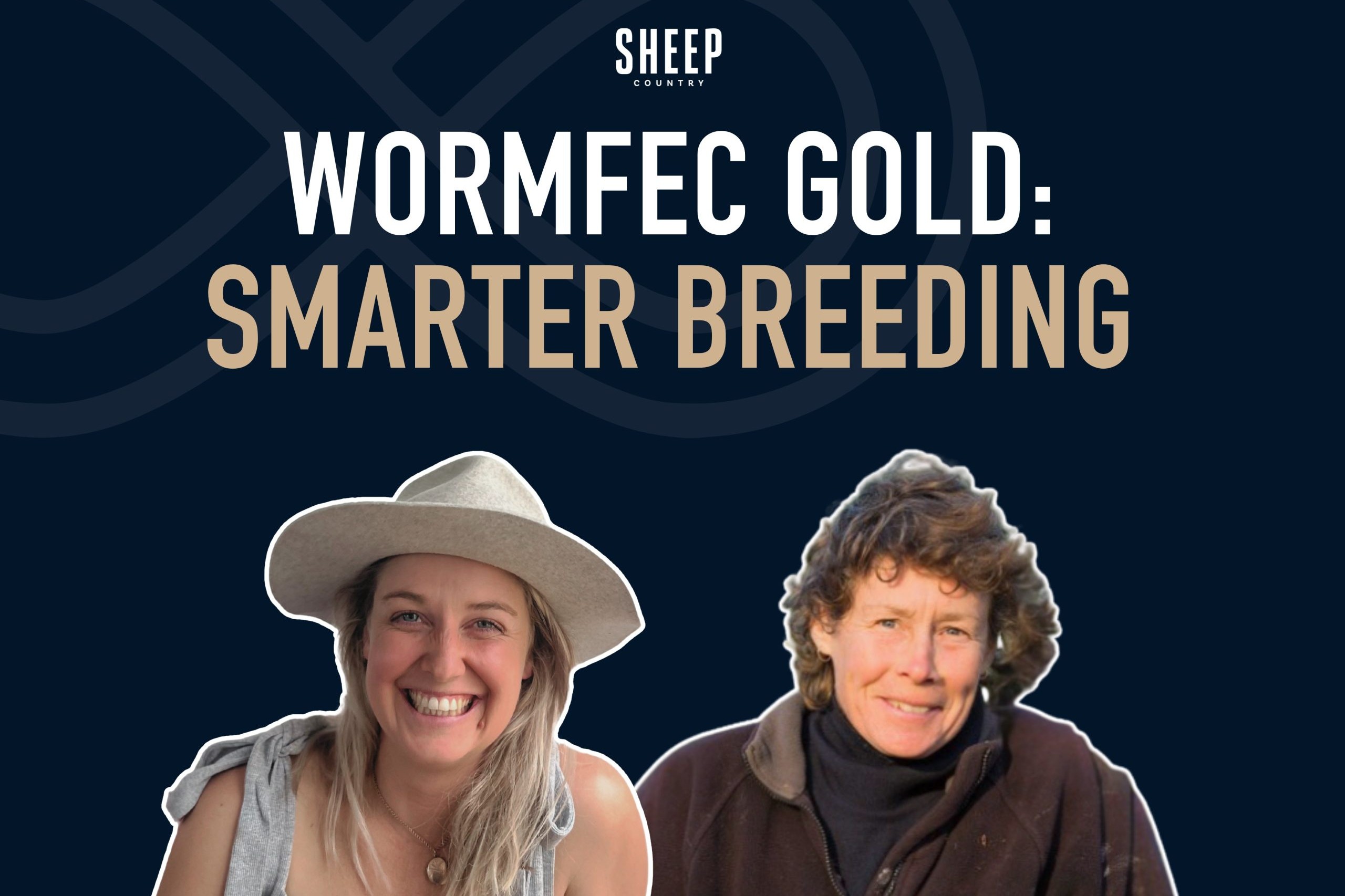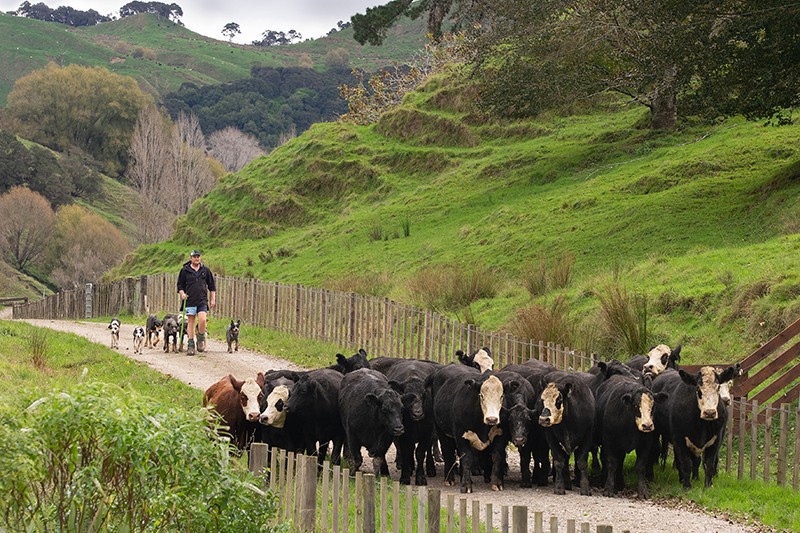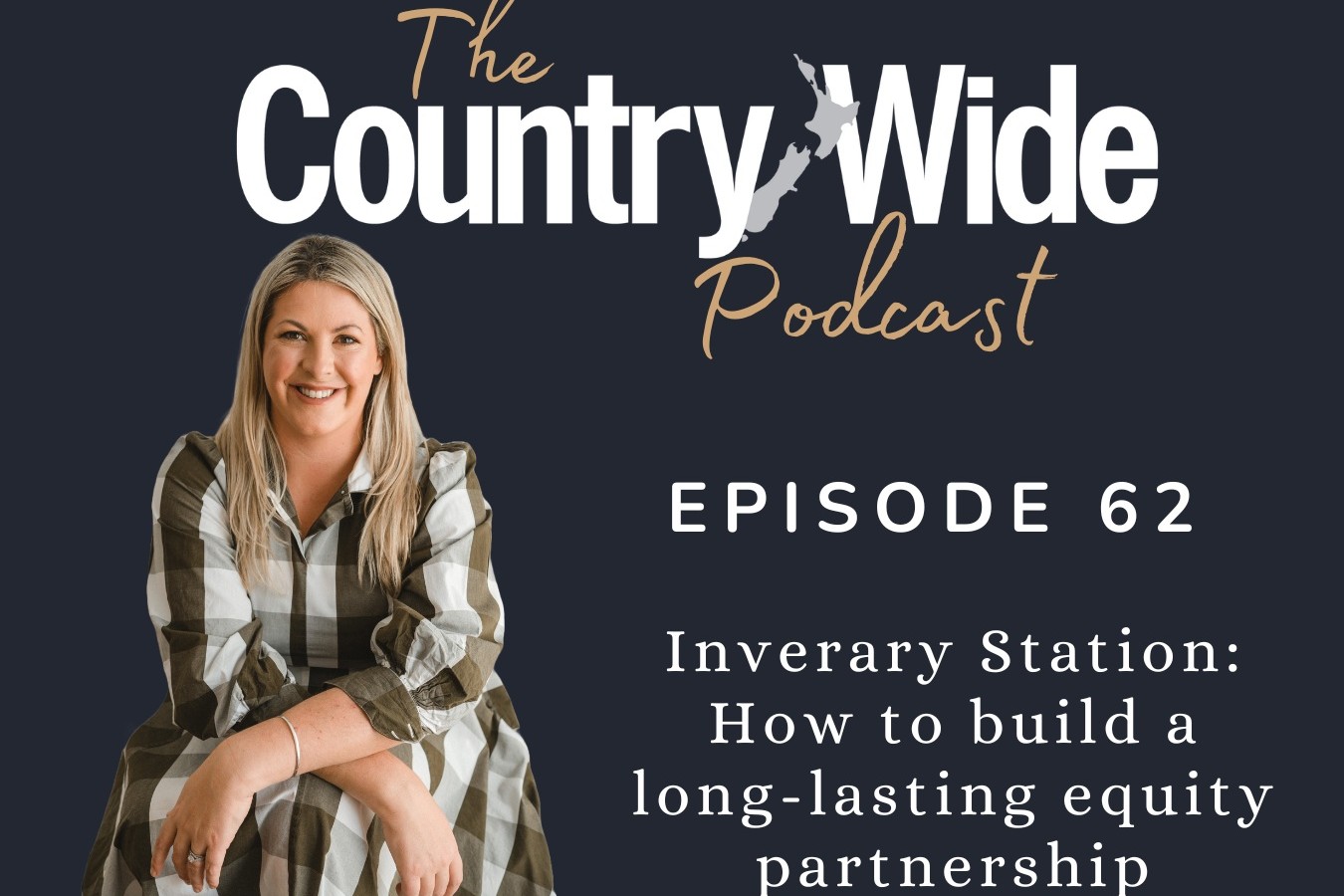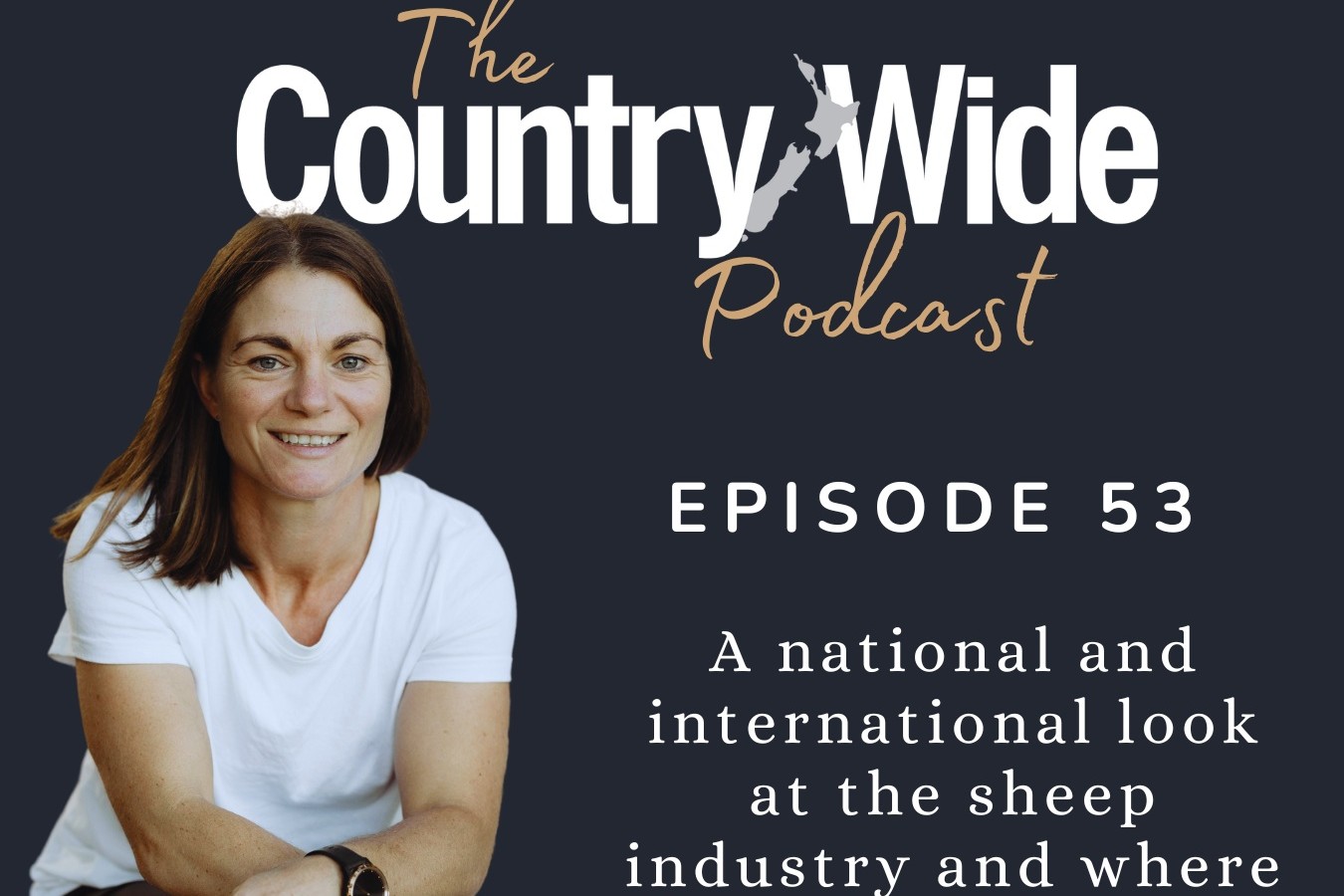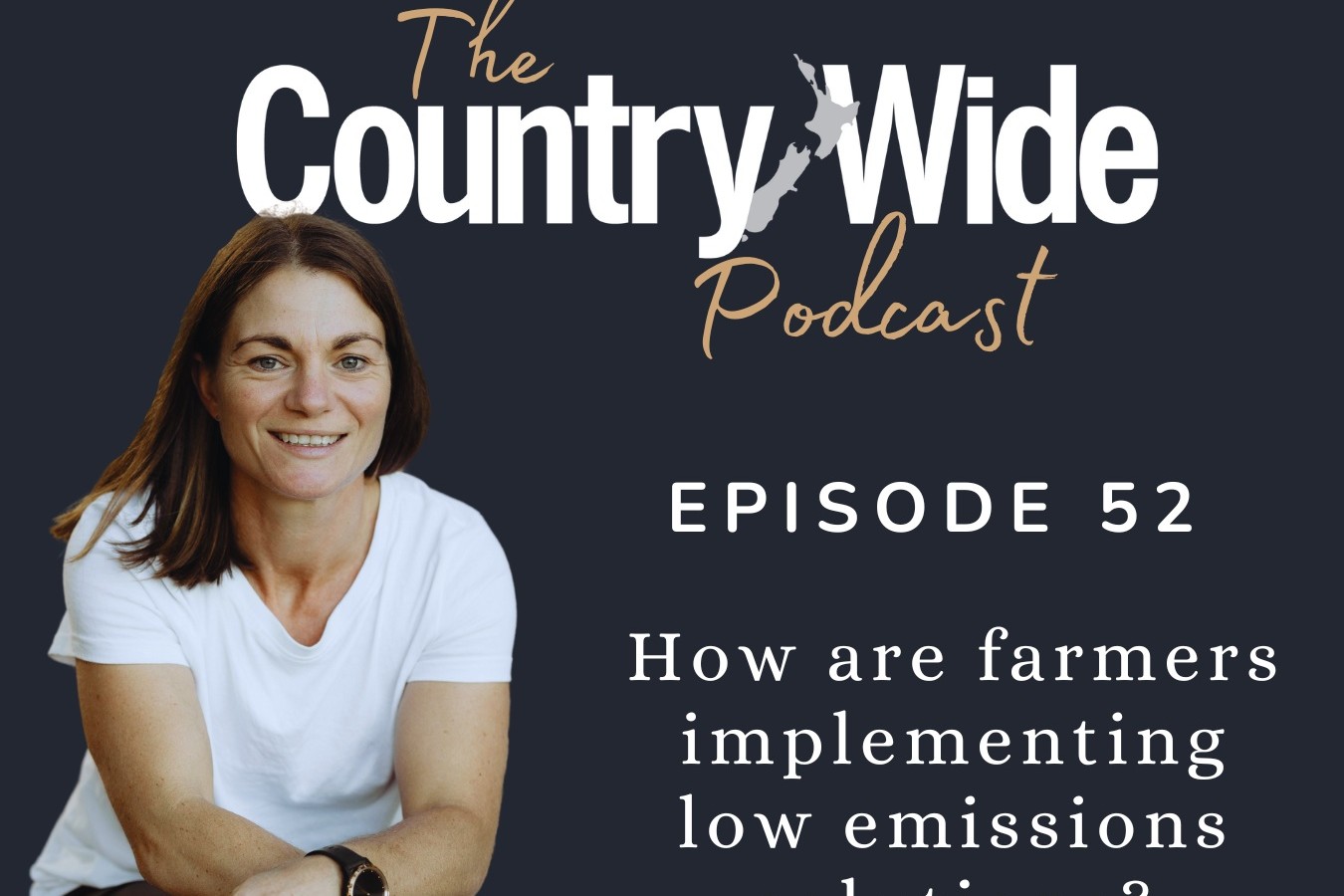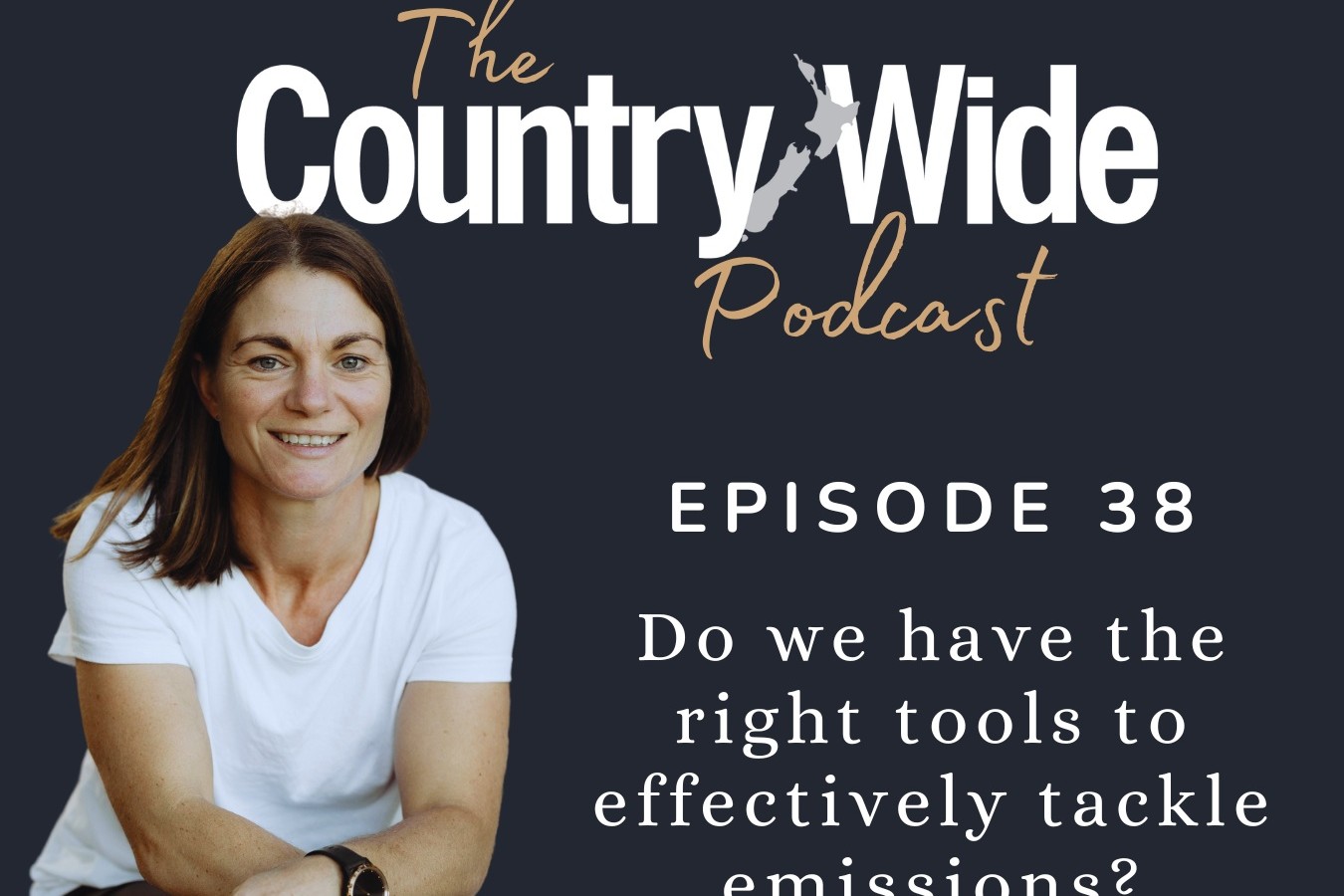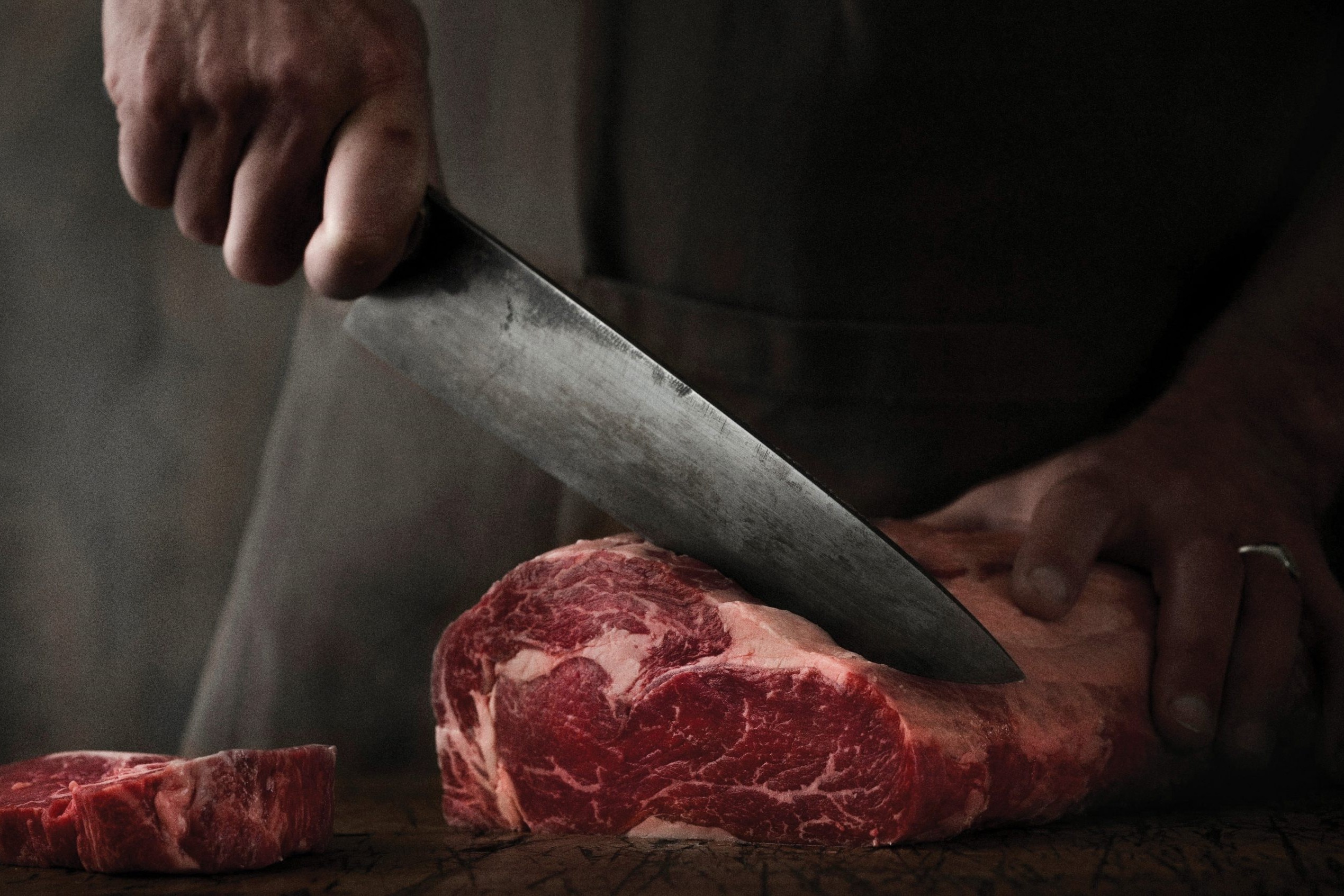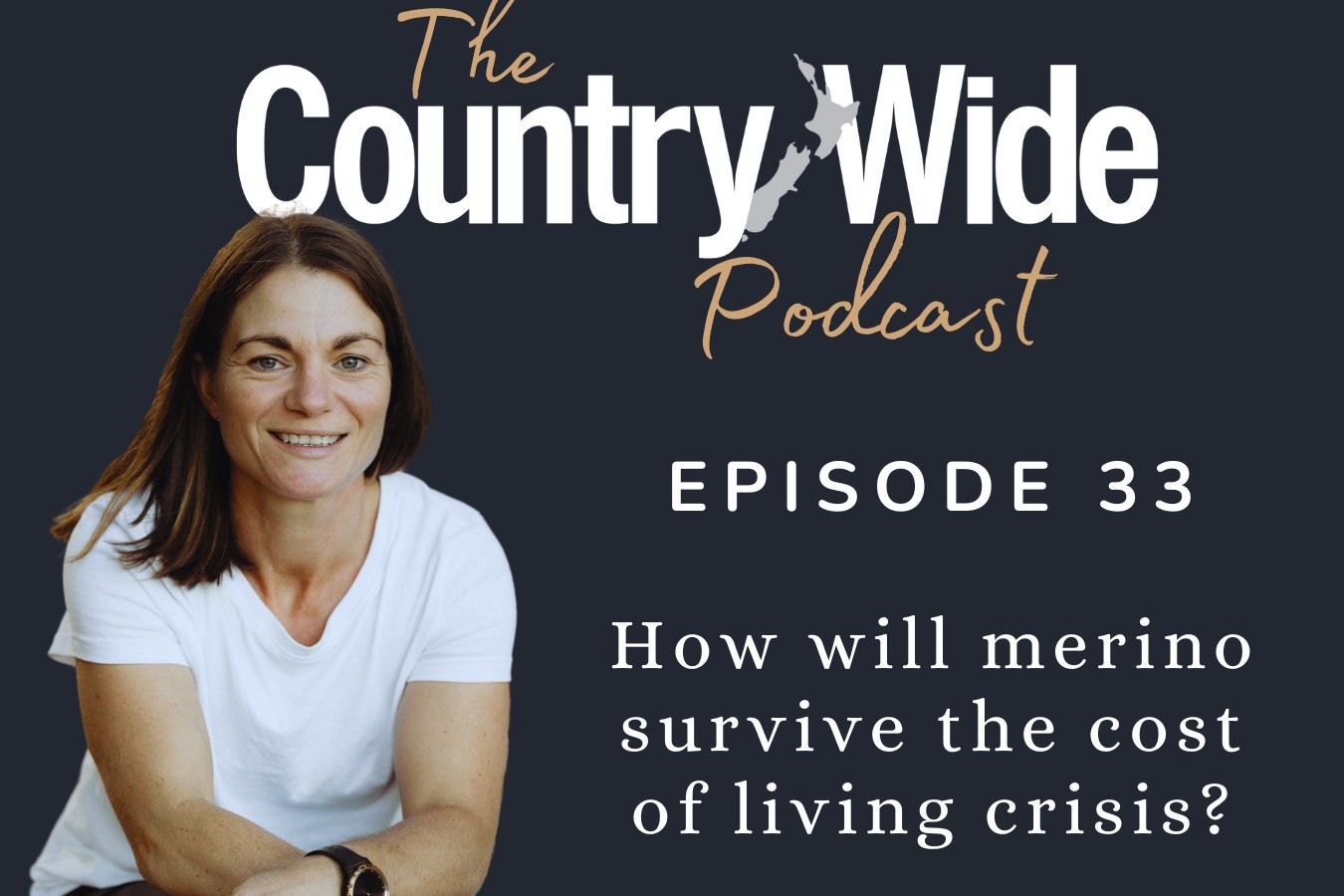Sheep
Uncovering the secrets of ‘good mums’
A groundbreaking new sheep trial is set to find the link between lamb survival rates and flock resilience by delving into the crucial role of ewes as ‘good mums’ aiming to significantly impact the country’s sheep sector. Words Sarah Perriam-Lampp.
SHEEP Country Episode 6 – Hildreth Romneys: Breeding Strength
Hildreth Romneys is a multigenerational Hawke’s Bay stud focused on breeding resilient, productive sheep suited to New Zealand’s diverse conditions. With more than 60 years of Romney breeding behind them, the Hildreth family continues to prioritise key traits like fertility, survival, growth, and tolerance to facial eczema and worms.
In this episode, stud breeder Marcus Hildreth joins Jo Scott to discuss how genetics, data, and emerging tools such as AI are helping lift flock performance. He also shares insights on the growing interest in Wiltshires; why he’s keeping the breed pure, and how technology and time remain the most powerful drivers of genetic progress.
SHEEP Country Episode 5 – WormFEC Gold: Smarter Breeding
WormFec Gold is a national breeder group working to combat drench resistance by selecting sheep with genetics for lower faecal egg counts, cleaner back ends and strong growth, helping farmers reduce drench use while maintaining performance.
In this episode, Waikato breeder and WormFec Gold spokesperson Kate Broadbent joins Jo Scott to explain how genetics, collaboration and farmer education are reshaping parasite management. She outlines the difference between resistance and resilience, why measuring matters, and what commercial farmers should be asking their ram breeders if they want to future-proof productivity, animal health and drench effectiveness.
A century in the making
Monowai Station, Waimatā Valley, Gisborne, has entered its 100th year of being farmed by descendants of the Savage family. This is a farming business where long-held family values and traditional farming practices merge with efficiency, responsiveness to opportunities, and environmental good practice. Words & Photos Louise Savage.
Episode 62 – Inverary Station: How to build a long-lasting equity partnership
In this episode, as part of our Country-Wide Autumn Special Report: Pathways to Farm Ownership, we explore the journey of establishing a successful equity partnership at Inveray, a historic family sheep and beef farm in Mount Somers, Canterbury. John Chapman and Bert Oliver share how they transitioned from a traditional ownership model to a collaborative business structure, underpinned by trust, aligned values, and a shared long-term vision.
Episode 53 – A national and international look at the sheep industry and where it’s heading
With the start of the new year, more signs are appearing for the sheep industry. The majority of these signs are positive and are pointing towards an exciting year for the industry. In this episode, hear from the South Island Livestock Manager for PGG Wrightson, Shane Gerken about how prices have looked over the summer break and what they’re shifting towards. We also hear from a young up and coming sheep breeder, Jasper Hewlett-Coffey about what he plans to do as part of a new generation of sheep breeders. Hank Vogler, a sheep farmer based in Nevada, U.S.A, gives his insight on what lamb in the US is looking like and how this might affect New Zealand.
Episode 52 – How are farmers implementing low emissions solutions?
Selecting sheep for their lower methane traits could be a great tool for farmers, if emissions pricing is on the cards. Cool Sheep Programme Manager Dr Cynthia Lawrence discusses how they are using gene selection to breed lower methane sheep. Central Otago farmer Emma Crutchley shares how they’ve tackled emissions reductions on her family farm, using a range of actions, including a larger arable component, which led to a reduction in stocking rate.
Episode 38 – Do we have the right tools to effectively tackle emissions?
We have less than five seasons until overseas 2030 targets begin to impact our overseas exports, and we may still yet need to be able to minimise and measure our own emissions domestically. With this in mind, farmers might be wondering what tools are out there to help them tackle their emissions, in ways they integrate into their existing systems.
Hear from two agricultural organisations, AgriZeroNZ and Ruminant Biotech, working to develop the tools to minimise methane emissions, and a farmer utilising genetics to breed low-methane sheep.
Survival of the Fittest
Legacy structures are proving to be a major headache for the meat processing sector and the farmers supplying it with livestock. Words Tony Leggett.
Episode 33 – How will merino survive the cost of living crisis?
Tough times in New Zealand and globally have taken their toll on the luxury goods market, and New Zealand’s merino sector is no exception.
In this episode, we hear from those who know merino best, and how they’re planning to overcome challenges related to financial recession, and overseas regulations, that demand higher quality and processing accountability. We also look at how new technologies in the AI and genetics space could help enhance merino quality. Hear from NZ Merino CEO Angus Street, neXtgen Agri Co-Founder & Director Mark Ferguson, and Devold New Zealand General Manager Craig Smith.


